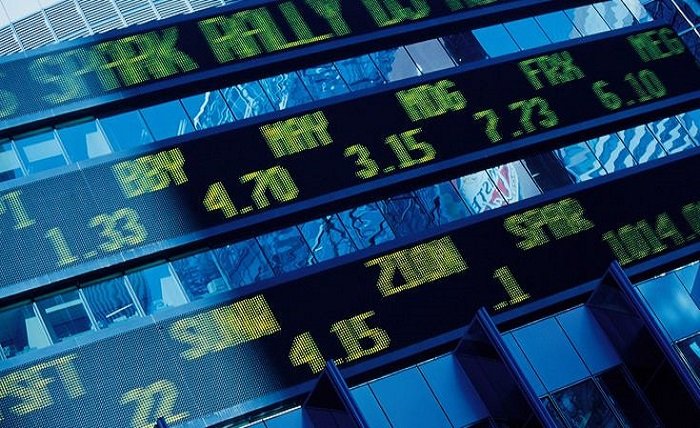Premarket Futures: A Guide to Strategic Trading

In the fast-paced world of finance, staying ahead of the curve is key to success. One way savvy investors gain an edge is through premarket futures trading. In this guide, we’ll delve into the intricacies of premarket futures and explore how they can enhance your trading strategies. Whether you’re a seasoned trader or just starting out, understanding premarket futures can be a game-changer in navigating the unpredictable terrain of the markets.
Premarket Futures:
Premarket futures refer to trading activity that occurs before the official opening of the stock market. These futures contracts allow investors to speculate on the direction of the market before regular trading hours commence. By analyzing premarket futures data, traders gain valuable insights into potential market trends and sentiment shifts.
The Significance of Premarket Futures:
Premarket futures serve as a barometer for market sentiment, providing early indications of how the trading day may unfold. This real-time data allows investors to adjust their strategies accordingly, whether it’s capitalizing on emerging opportunities or mitigating risks before the market opens.
Strategies for Premarket Futures Trading:
Successful premarket futures trading requires a well-thought-out strategy. From monitoring key economic indicators to conducting technical analysis, traders employ various approaches to capitalize on premarket movements and anticipate market direction.
Tools for Analyzing Premarket Futures:
To effectively navigate premarket futures, traders rely on a range of analytical tools and platforms. From advanced charting software to real-time news feeds, these tools provide essential data and insights to inform trading decisions in the premarket hours.
Risk Management in Premarket Futures Trading:
While premarket futures offer lucrative opportunities, they also come with inherent risks. Managing risk is paramount in premarket trading, with strategies such as setting stop-loss orders and diversifying portfolios essential for mitigating potential losses.
The Role of Psychology in Premarket Futures:
Emotions play a significant role in trading, especially in the heightened volatility of premarket futures. Keeping emotions in check and sticking to a disciplined trading plan is crucial for navigating the psychological challenges of premarket trading.
Regulatory Considerations for Premarket Futures:
As with any financial instrument, premarket futures trading is subject to regulatory oversight. Traders must adhere to relevant regulations and compliance standards to ensure fair and transparent trading practices.
The Evolution of Premarket Futures Trading:
Premarket futures trading has evolved significantly over the years, driven by advances in technology and changing market dynamics. From traditional futures exchanges to electronic trading platforms, the landscape of premarket trading continues to evolve, offering new opportunities for investors.
Conclusion:
Premarket futures trading offers a wealth of opportunities for investors seeking to gain an edge in the markets. By understanding the nuances of premarket futures and employing effective trading strategies, investors can navigate the complexities of premarket trading with confidence and precision.
FAQs:
1. What are premarket futures? Premarket futures are trading contracts that allow investors to speculate on the direction of the market before regular trading hours begin. These futures contracts provide valuable insights into potential market trends and sentiment shifts.
2. How can I analyze premarket futures data? Traders can analyze premarket futures data using a range of tools and platforms, including advanced charting software, real-time news feeds, and technical analysis techniques.
3. What are the risks associated with premarket futures trading? Premarket futures trading comes with inherent risks, including heightened volatility and potential for significant losses. Managing risk through strategies such as setting stop-loss orders and diversifying portfolios is essential for mitigating these risks.
4. How do regulatory considerations impact premarket futures trading? Premarket futures trading is subject to regulatory oversight, and traders must adhere to relevant regulations and compliance standards to ensure fair and transparent trading practices.
5. What role does psychology play in premarket futures trading? Psychology plays a significant role in premarket futures trading, as emotions can impact decision-making in the heightened volatility of premarket hours. Sticking to a disciplined trading plan and managing emotions are essential for success in premarket trading.





